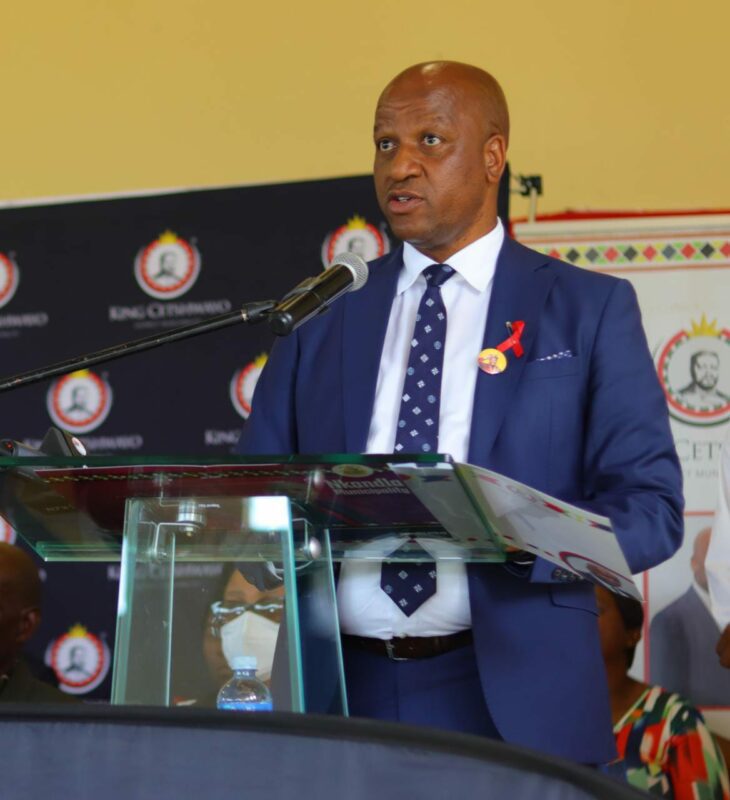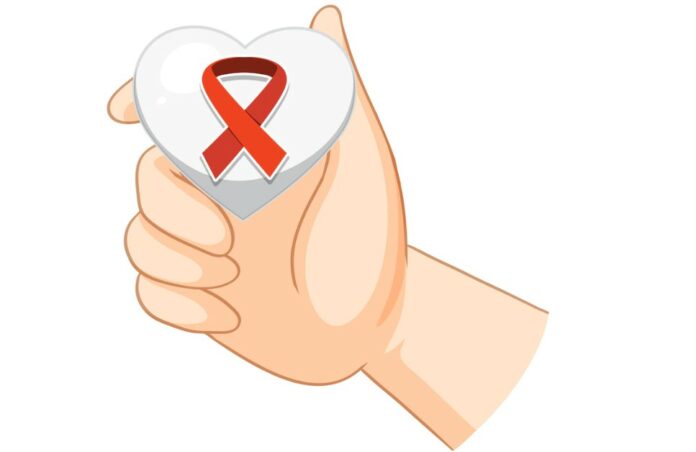The health officials at the King Cetshwayo district municipality in KwaZulu-Natal have bemoaned the rising rate of patients dropping out of the antiretroviral treatment programme, saying this complicates the war against HIV and drives new infections.
This emerged during the World Aids Day commemorations in eNkandla on Thursday, where the district was releasing health statistics and announcing programmes to tackle gender-based violence in the mainly rural district.
Nokukhanya Hlophe, head of health in the district, revealed that more than 180 000 people are living with the virus in the district, but noted that a chunk of them, who have been introduced to HIV treatment, have disappeared without a trace.
“It is a worrying picture which has to be changed immediately. People are usually tested for HIV but they do not take their treatment and we can’t find them using the information they have provided us,” Hlophe said, also noting the dwindling rate of children continuing with their treatment.
She said one of the contributing factors pre-teens default on HIV treatment is the parents’ failure to disclose that they are also living with the virus.
“We have since introduced a programme to assist mothers on how to disclose to their children, so that we do not lose young lives unnecessary.”
Other concerns raised by Hlophe include the apathy of men to get tested for HIV, with the district introducing a concept of male clinics to encourage men to visit healthcare facilities.
KwaZulu-Natal, with a population estimated at 10.4-million, still accounts for 28.7% of the country’s infections. King Cetshwayo on the northern part of the province houses local municipalities including uMhlathuze, uMthonjaneni, eNkandla, uMfolozi and uMlalazi.
District mayor Thamsanqa Ntuli described the increasing HIV numbers as disturbing, saying more work still needs to be done.
“We have to start driving a message to communities that HIV is not a death sentence, that people can live many years with the virus, but only if they take the leap of faith and get tested and take their treatment as expected,” Ntuli said.
“What we have done as government of the district is to involve local leadership such as amakhosi to help us in the fight against HIV/Aids.”

He mentioned that he is also worried that the stigma associated with being HIV-positive remains a big problem. “We can only win the war if we are united as the people, holding hands in pursuit of zero HIV infections.”
Other social ills bedeviling the district are sexual crimes, with many of the rape victims opting to rather suffer in silence than reporting the crimes to the police.
According to the Department of Basic Education, more than 1 300 adolescent girls and young women are infected with HIV in the country every week.
Follow @SundayWorldZA on Twitter and @sundayworldza on Instagram, or like our Facebook Page, Sunday World, by clicking here for the latest breaking news in South Africa. To Subscribe to Sunday World, click here.



